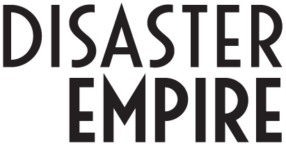Why Disaster Empire? Five Reasons
You ask, why did I name this site Disaster Empire?

The Merriam-Webster online dictionary says the word “disaster has its roots in the belief that the positions of stars influence the fate of humans, often in destructive ways; its original meaning in English was “an unfavorable aspect of a planet or star.” The word comes to us through Middle French and the Old Italian word disastro, from the Latin prefix dis- and Latin astro, meaning “star.”
When people think of the word empire they think of political power or a country that controls others around them. It suggests images of multinational corporations that dominate a product-line or service area.
The origin of the word empire is from the Middle English, from Old French, from Latin imperium, (“command, control, dominion, sovereignty, a dominion, empire”), from imperare, inperare (“to command, order”), from in (“in, on”) + parare (“to make ready, order”).
To truly understand the meaning of words, it’s good to know their origins.

Now that we’ve gotten that out of the way, here’s my answer:
1. Connectivity
We are not connected. Or more accurately, we are not connected enough. As busy as we are all are the places for disaster experts to share their knowledge are few. Except for conferences or professional groups, we have limited opportunities to get together and share knowledge. Even worse, we are barely reaching the public—but that’s a blog for another day.
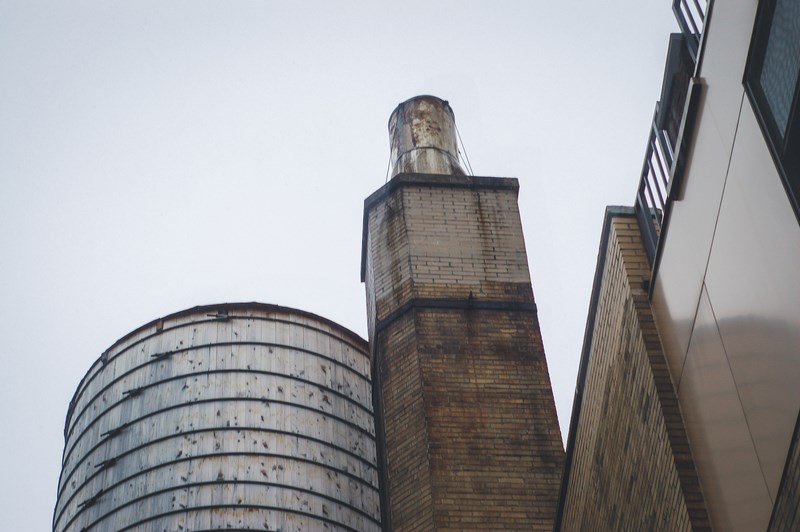
2. Silos
We stay in our contained and comfortable areas of expertise most of the time. Emergency management, business continuity, government, academics, vendors, scientists, disaster recovery (IT DR), non-governmental organizations, crisis management pros, and volunteer we live and work in our different groups and rarely interact. To truly innovate and crush the impacts of disasters, we need to share knowledge and spread our good ideas. I want a space for us to break down silos and share. This is a place for us to communicate in a positive way. The goal is to have a unifying place for us to connect and learn from one another.
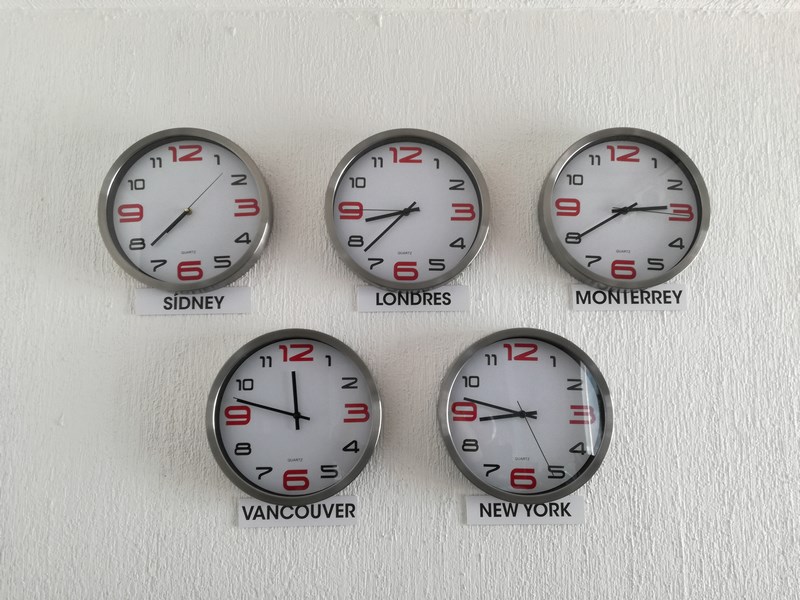
3. The 24th Hour Concept
With all the news and information available, I struggle to keep up with new information. I don’t have time to read scholarly journals or spend hours researching topics. When I go online it can take hours to find what I am looking for. My inbox is full of emails and newsletters from professional associations. To keep updated I skim through them during my downtime or between meetings. Mostly, this happens in the small remaining free time I have at the end of the day or “24th hour”. So, the site is a twenty-fourth-hour space to help increase your knowledge and understanding of trends and topics related to disasters so that you can do your job better and more efficiently, armed with the information you did not have before. I would also like this an enjoyable experience.
It’s getting difficult to justify attending conferences that take me away from work or my daily life to learn new things. There is nothing wrong with conferences, but if I do attend one, it has to add value and give me actionable case studies, innovative ideas or resources to take back with me to work. The ones I recently attended are not worth the time. Although I enjoy networking, I rarely go home with a breakthrough or innovative idea that will help me when I get home.
I know you don’t have a lot of time either, so my aim is to create a space to get information to you in a streamlined way. This site will evolve but for now, that will be easy to digest blogs, vlogs, and links to key resources so that you can research the topics you are the most interested in.
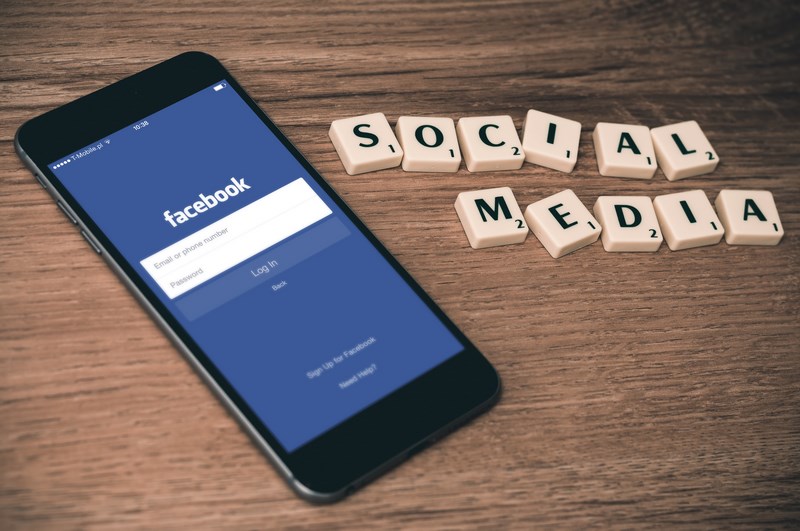
4. Digital Media
Not enough of us are leveraging digital platforms and the power of the internet. Today, if you aren’t on the world wide web you don’t exist.
I am amazed at how hard we all are to find if we don’t know specifically where to look or who to look for. The government sites are easy to find and so are the IT DR specialists or vendors but for the rest of us, we might as well be invisible.
We can’t effectively solve the problems caused by disasters or prevent the impacts altogether if we aren’t interacting with each other in the most efficient way possible.
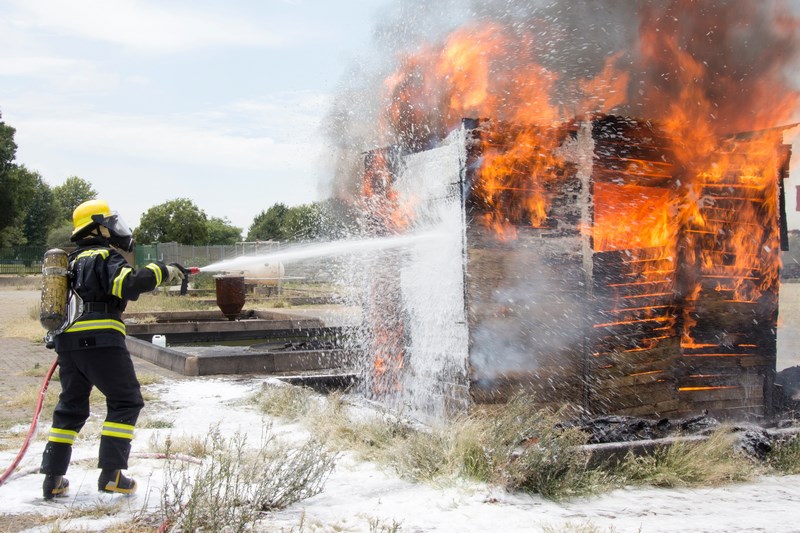
4. Don't Let Disasters Get You Down
This is the reason we do what we do, right? We help plan, execute improvements, respond to, study and prepare for disaster events.
My goal is to give you news and information you can use and presented in the most streamlined way possible. I plan to leverage the best of technology and social media to help us all leverage the best ideas and increase our capacity to mitigate crisis events. Over time I want this site to be a place for all of us to share and work together. My mission is to connect us in a way I haven’t seen done before.
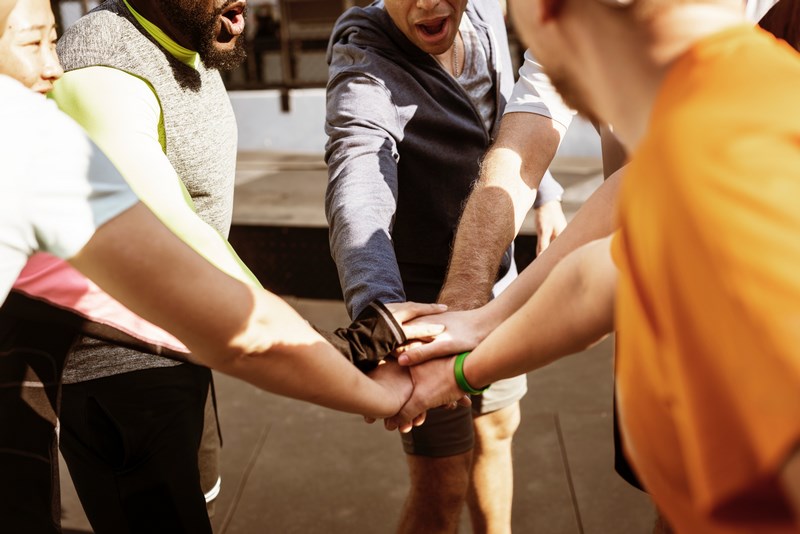
If you are with me, or at least willing try—let me know and comment below. I want to hear your ideas and suggestions. Let’s create a place where we rule disasters, so they don’t rule us.
